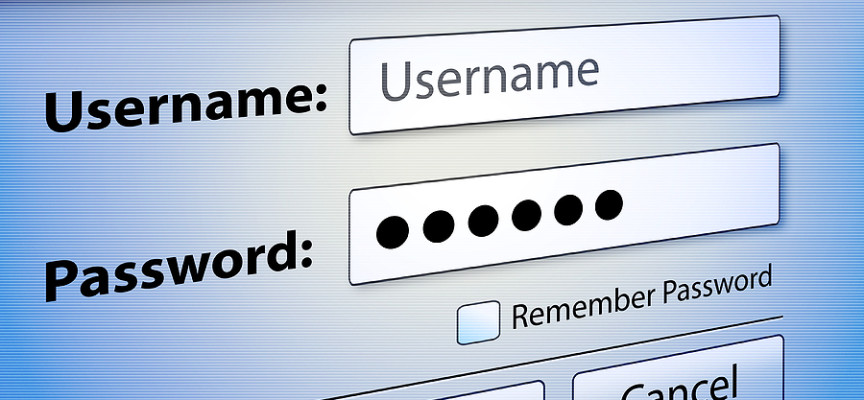In this day and age, children have more access to the internet than we busy adults do and that is absolutely acceptable as long as we know how to keep a smart eye on their activities and the websites they choose to frequent. In order to maintain the safety and accessibility of such domains, one should always check the personal information given on every website. Read the privacy statement and note down the key points that are agreeable or disagreeable. If you do not concur with the statement given then don’t worry! Submit a request to the site owner to change the policy and see if they comply. If they don’t then simply block the website from your children’s view. It’s a free world, after all!
- In my opinion, the best way to block inappropriate or, better known by computer geeks, Not Safe For Work (NFSW) content is to use Microsoft’s blocker application that simply omits the possibility of your young one stumbling upon unacceptable sites. So you can sit back and relax while your kid or younger sibling surfs through the internet.
- Windows Vista and 7 offer excellent tips on parental control. You don’t have to worry at all if you enable the features.
- In addition to that, it is always helpful to tell your kids that talking to strangers is a big NO even when they’re online. If they choose to add their school friends, make sure the ID is related to the said friend.
It’s always good to be “nosey” about their history: Check where they logged into and what they downloaded. If they complain about you being overly intrusive, tell them it’s definitely for their own good.
Make sure they know that sharing personal information like phone numbers and residential addresses is completely prohibited unless a parent or a guardian is duly informed. I know plenty of children will object to this sort of scrutiny but they’ll thank you when they grow up.
Internet Protection for Kids in Pakistan
While internet censorship in Pakistan (circa: 2008-2010) is a heated debate, there isn’t much cogent work done for the sake of children; something you’ll notice in many other sectors within the government (education being one of them). Children are seldom informed of their safety issues and remain oblivious of the dangers that are found online. Net cafes remain open to all sorts of ages without rightful discrimination.
Many teachers and parents firmly opine that there is not enough awareness raised by the media sector or the IT departments of various schools and organizations for the sake of imparting helpful knowledge on children-friendly internet. This is true for many cases. In a report given by the Global Voices website, pornography websites remain indiscriminately open to children of all ages.
Teachers and bloggers should make a collective effort to educate parents and adults about safe internet usage. Informing them of the ways to regulate internet accessibility for children is the best way to ensure happy, healthy and smart learning for kids online.
So the next time your kids logon to the internet, sit with them with a cheesy smile and let them know that your presence is necessary for safe surfing. Whether they like it or not, is another issue. Kids will always be kids.


u said that in windows 7 we can enable features for parental control…. can u explain how?
Microsoft has a tutorial on how to set up parental controls. Follow the link:
http://windows.microsoft.com/en-US/windows7/products/features/parental-controls